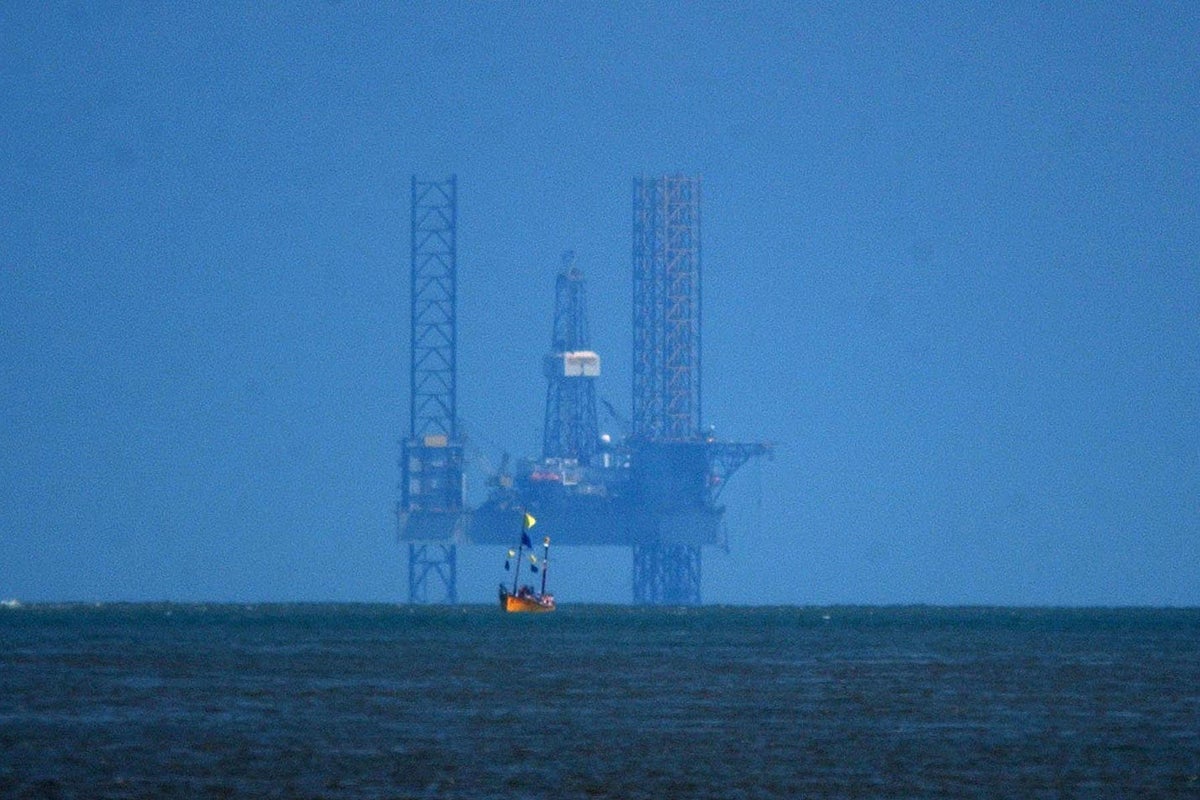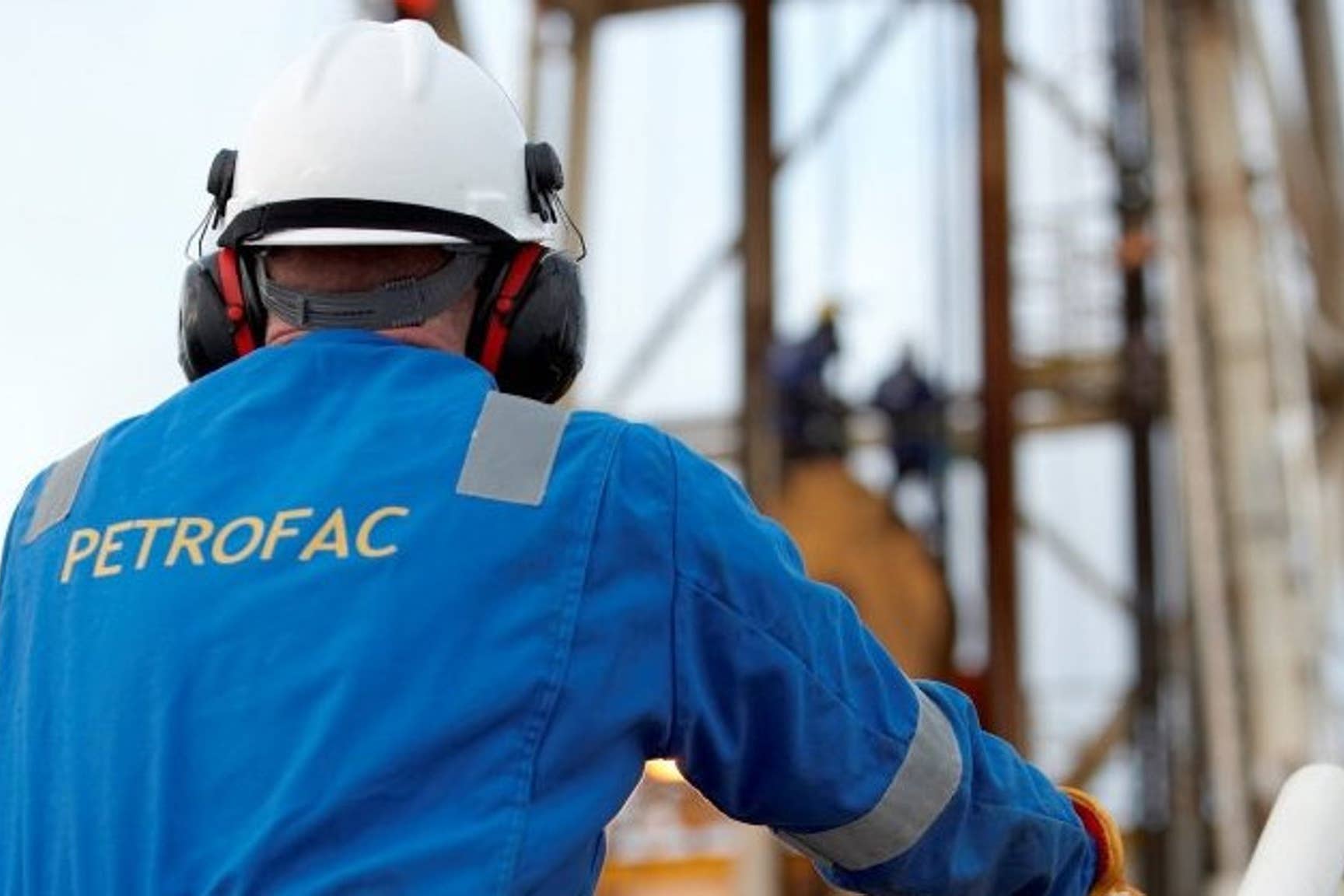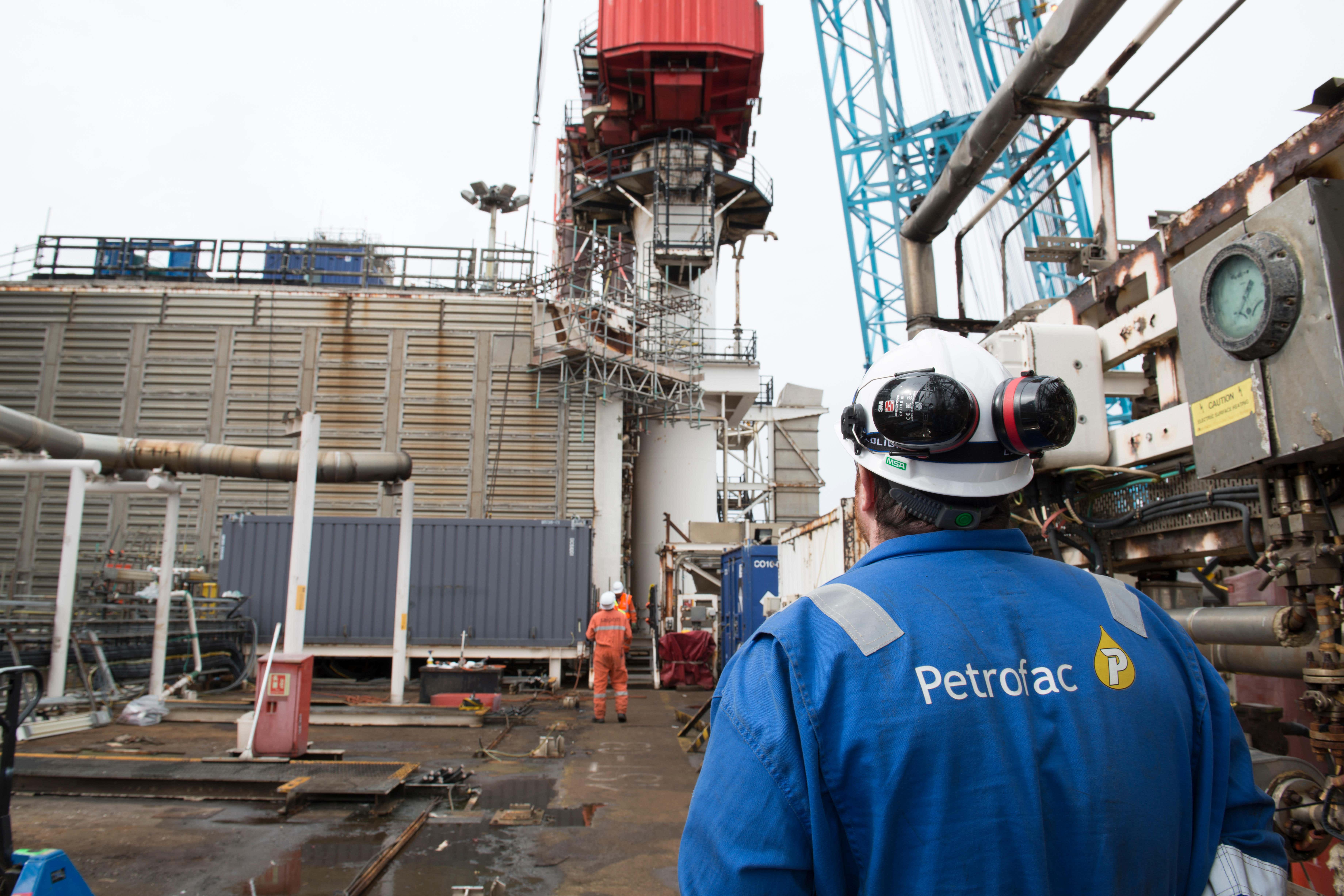
Oil and gas services firm Petrofac has entered administration, jeopardising approximately 2,000 Scottish jobs.
The company's insolvency follows the collapse of restructuring plans, triggered by a failed renewables contract in the Netherlands. Petrofac informed investors on Monday of its application to the High Court for administrators.
The firm employs over 7,000 staff worldwide.
This includes around 2,000 employees from its UK base in Aberdeen, with around 1,200 of these offshore and a further 800 onshore in training and operational roles.
Petrofac said it will now enter insolvency after Dutch electricity grid TenneT terminated a major contract to build windfarms.

The company stressed that the administration will affect the group’s main holding company.
It will continue to trade and assess options for an alternative restructuring, with different merger and acquisition options also being explored with its key creditors.
Advisers at corporate finance firm Teneo are expected to advise over the administration.
“When appointed, administrators will work alongside executive management to preserve value, operational capability and ongoing delivery across the group’s operating and trading entities,” the company said.
Petrofac’s UK business is based in Aberdeen and is involved in the operation of North Sea oil platforms for firms including BP and Shell.
It also has smaller offices in London, Woking and Great Yarmouth.

The Department for Energy Security and Net Zero (DESNZ) has stressed the Government will work with Petrofac after the oil and gas services group filed for administration.
A DESNZ spokeswoman said: “The UK arm of Petrofac has not entered administration and is continuing to operate as normal, as an in-demand business with a highly-skilled workforce and many successful contracts.
“Petrofac’s administration is a product of longstanding issues in their global business.
“The Government will continue to work with the UK company as it focuses on its long-term future.
“Ministers are working across all parts of government led by DESNZ in support of this.”
The company was worth around £6 billion at its peak in 2012 but has slumped in recent years.
It was worth around £20 million when its shares were suspended in May after being severely impacted by an investigation by the Serious Fraud Office and volatile energy prices.







